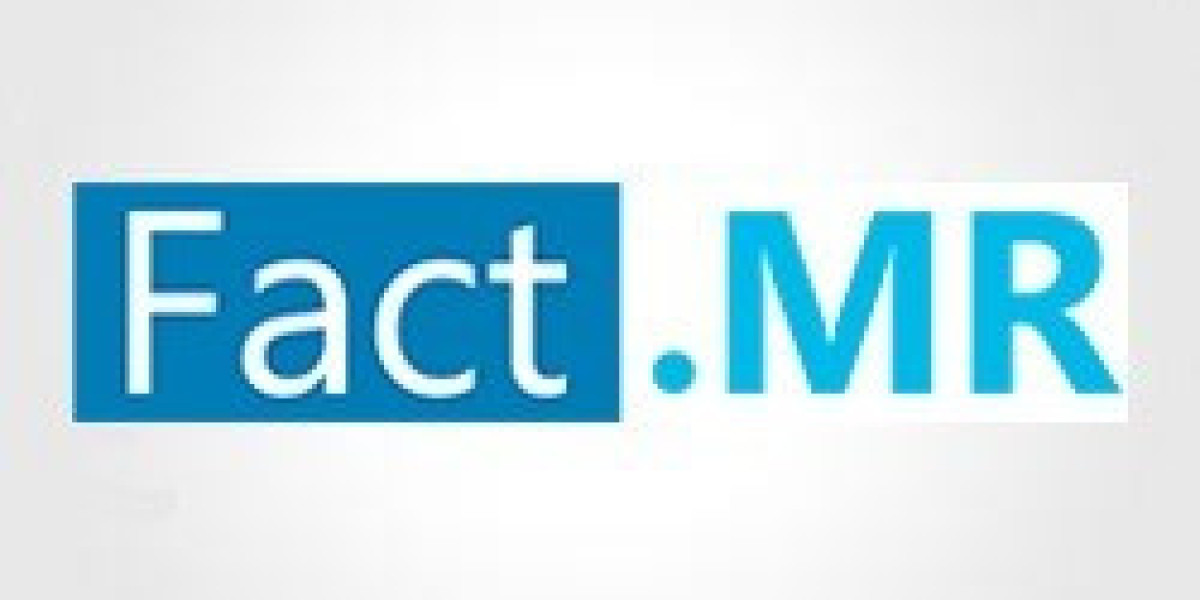Medical billing and healthcare accounting are intertwined processes that are essential to the financial health of medical practices, hospitals, and other healthcare facilities. While both fields operate in distinct domains—medical billing in the administrative sphere and healthcare accounting in the financial domain—they collaboratively ensure that healthcare organizations can sustain their operations, provide quality care, and remain compliant with regulatory requirements.
This article explores the critical role that outsource medical billing plays in supporting the healthcare accounting process, illustrating how these functions synergize to enhance financial management within healthcare institutions.
The Role of Medical Billing in Healthcare
Medical billing is the process by which healthcare providers submit claims to insurance companies or government programs to receive payment for services rendered. It involves translating healthcare services into standardized codes, such as the International Classification of Diseases (ICD) codes and Current Procedural Terminology (CPT) codes, which are used to describe diagnoses and procedures, respectively. Medical billers ensure that these medical coding services are accurately applied to reflect the services provided and comply with the requirements of payers.
Key responsibilities of medical billing include
Patient Registration and Verification: Collecting and verifying patient information and insurance details.
Coding of Services: Assigning appropriate ICD and CPT codes to diagnoses and procedures.
Claims Submission: Preparing and submitting claims to insurance companies or other payers.
Follow-up and Appeals: Tracking the status of claims and addressing any denials or appeals.
Patient Billing: Generating invoices for patients for any balances not covered by insurance.
The Healthcare Accounting Process
Healthcare accounting involves managing financial records, ensuring compliance with financial regulations, and providing reports and analyzes to support decision-making. It encompasses a range of activities, including budgeting, financial reporting, payroll, and auditing. Healthcare accountants ensure that the financial operations of a healthcare facility are conducted efficiently and transparently.
Key aspects of healthcare accounting include
Revenue Cycle Management: Overseeing the entire revenue cycle, from patient registration to payment collection.
Financial Reporting: Preparing financial statements, including income statements, balance sheets, and cash flow statements.
Budgeting and Forecasting: Planning and predicting future financial performance.
Compliance and Auditing: Ensuring adherence to regulations such as Generally Accepted Accounting Principles (GAAP) and conducting internal audits.
Expense Management: Monitoring and controlling expenses to maintain financial stability.
Synergistic Relationship Between Medical Billing and Healthcare Accounting
The interdependence between medical billing and healthcare accounting is crucial for the financial well-being of healthcare organizations. Below are several ways in which medical billing supports the healthcare accounting process:
Revenue Recognition: Medical billing directly influences revenue recognition, a fundamental aspect of healthcare accounting. Accurate and timely billing ensures that revenue is recorded correctly, reflecting the financial performance of the healthcare facility. Missteps in billing can lead to revenue leakage, where potential income is lost due to errors or delays in the billing process.
Cash Flow Management: Effective medical billing processes facilitate prompt payment from insurers and patients, thereby improving cash flow. Reliable cash flow is essential for meeting operational expenses, such as salaries, supplies, and facility maintenance. Healthcare accountants rely on this steady inflow of funds to manage the organization’s finances effectively.
Financial Reporting and Analysis: The data generated through medical billing provides critical inputs for financial reporting and analysis. Detailed billing records allow accountants to track revenue trends, identify areas of financial strength or weakness, and make informed decisions about resource allocation. This data is also vital for preparing accurate financial statements and complying with regulatory requirements.
Compliance and Risk Management: Medical billing must adhere to a myriad of regulations, such as the Health Insurance Portability and Accountability Act (HIPAA) and payer-specific guidelines. Ensuring compliance in billing practices reduces the risk of audits, fines, and legal issues. Healthcare accountants incorporate this compliance into their broader financial risk management strategies, safeguarding the organization’s financial integrity.
Operational Efficiency: Streamlined medical billing processes contribute to overall operational efficiency. By minimizing billing errors and reducing the time spent on claim denials and re-submissions, healthcare providers can focus more on patient care. This efficiency also translates into cost savings, as less time and resources are spent on administrative tasks, thereby improving the financial performance of the organization.
Budgeting and Financial Planning: Accurate medical billing data is essential for effective budgeting and financial planning. By understanding the revenue generated from different services, healthcare accountants can create realistic budgets and financial forecasts. This enables strategic planning and ensures that the organization can invest in necessary improvements and expansions without compromising financial stability.
Conclusion
Medical billing plays an indispensable role in supporting the healthcare accounting process. It ensures that healthcare providers are reimbursed for their services, which in turn supports revenue recognition, cash flow management, financial reporting, compliance, and operational efficiency.
The collaboration between medical billers and healthcare accountants is vital for maintaining the financial health of healthcare organizations, enabling them to continue providing high-quality care to patients.
As the healthcare industry continues to evolve, the integration and optimization of these processes will remain a cornerstone of effective financial management.








